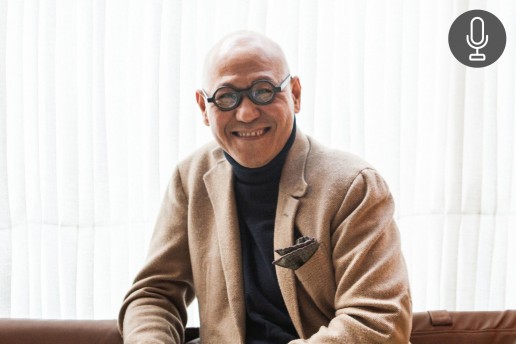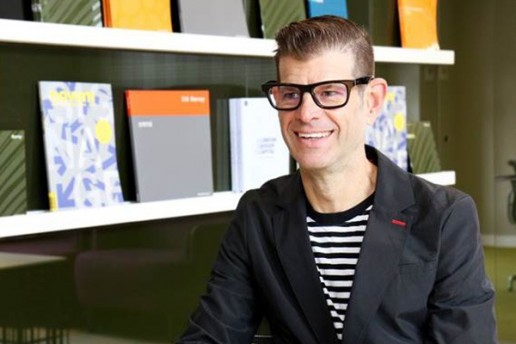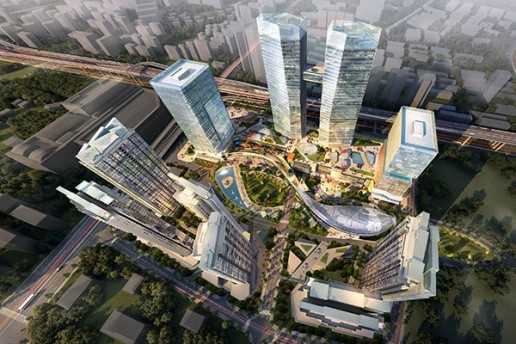Last month, Sleeper reported on Benoy’s recent appointment of Senior Associate Zaynib Khan in a bid to strengthen the company’s global hospitality offer.
Having worked on a range of complex projects with major hotel groups, such as Hilton and Marriott International, Khan brings a wealth of sector expertise and experience.
Here, Khan speaks exclusively to Sleeper about the emerging ‘design for upskilling’ trend in hospitality environments.
1. What are upskilling experiences?
Upskilling experiences are about engaging in a transformational process and journey, rather than an experiential one. They involve acquiring new knowledge and skills, with a core focus on self-improvement and personal development. In a hospitality context, an upskilling experience comprises a ‘betterment trip’, whereby guests return home personally enhanced and enriched, equipped with new capabilities.
2. When did the trend emerge and how has it evolved?
The idea of the ‘upskilling stay’ has been around for a long time. But it has only really taken off in the last few years and is forecast to increase. COVID-19 has been a major catalyst. With the pandemic accelerating trends in remote working and automation, McKinsey estimates that up to 25% more workers than previously estimated are now looking to change occupation. During the pandemic, many people felt the need to diversify their skillsets, either because they were furloughed, or because they had more time to reflect on their lives and careers. AI has been another driver, with the promised pace of technological change over the next decade causing many to question the relevance of their existing knowledge and skills.
Historically, an upskilling experience would have been fairly light-hearted, revolving around a location-specific hobby or theme. You might have learned how to surf or attended a glass-blowing class. You might have made something and taken it home with you, but with little intention of reusing those skills or embarking on a new vocational pathway.
What’s changed is that people are now looking to achieve genuine self-improvement and acquire new skills they can deploy to re-route their careers. And whereas previously, classes or activities were mainly incidental, something that happened to be taking place while you were staying somewhere, today the process is more intentional. Guests are now choosing hospitality
environments and locations according to the skills they’re looking to develop.
3. What kind of upskilling offers are being implemented?
Immersive offerings are on the rise, supporting the growing demand for authentic experiences – for example, learning a language in-country and absorbing the local culture. Wild cooking and foraging are particularly popular right now. Gleneagles Estate in the Scottish Highlands, for example, offers expert-led foraging workshops, where guests learn how to identify, pick and cook local wild food plants and fungi. These kinds of courses tap into the growing interest in self-sufficient sustainable diets, medicinal plants, herbs and self-care wellness.
Heritage cuisine is another growing trend, where people learn how to cook traditional dishes of the country they’re visiting, with local chefs or senior community members passing on stories, family recipes and techniques. Costa Navarino resort in the Peloponnese, for instance, offers cookery lessons from local Greek women, whose Messinian dishes can be easily recreated for family and friends.
Gardening and floristry courses are proliferating as well, accelerated by the demand for outdoor experiences and greenspace. We’ve also seen a huge uplift in interest in sustainable farming and butchery, with people becoming acutely aware of provenance and sustainable ecosystems.
And of course there’s sport. Two-week programmes providing daily coaching in golf, tennis or basketball, overseen by a professional instructor, are becoming really popular. These offerings are often set up in stages, encouraging repeat bookings as guests become more proficient in their chosen discipline.
4. How could this trend influence hotel design?
Hoteliers understand that in order to get to the essence of an upskilling experience, they have to recruit experts in that particular field. Just as they would hire a top hotel chef, they need to bring in language experts, sports specialists or skilled craft practitioners, to deliver the transformational skills development required. This process involves a blended interaction between hotel staff and guests, with staff taking on the role of teacher.
From a design perspective, upskilling experiences within urban hotels would mean further dismantling the barriers between public and private space. For example, opening up kitchen areas and working areas to enable guests to enter and participate. Training stations could be extended into the lobby or placed close to the perimeter, animating the façade and creating an active ground-floor space that encourages public engagement. Back-of-house spaces could also become more accessible as places of learning and instruction.
The shift away from single-use space will become increasingly important, with the emergence of flexible spaces that can easily be adapted to new emerging trends. Such spaces could be used for one-to-one training, group training or focused work, or as controlled environments for specialised activities.
In addition, upskilling could be a major opportunity for hospitality brands, which are endlessly curious and culturally aware and always evolving for the satisfaction of their guests. There’s a real opportunity for these brands to assert new value propositions around self-improvement.
5. What can designers and developers think about?
The most important thing for designers is to understand context and location; to think about what a local area can provide that’s unique and compelling. For example, marine conservation in coastal zones, or ecology and foraging in woodland areas. By supporting location-specific skills development, designers can help to create meaningful connections between guests and the hospitality context.
It’s also crucial to take a holistic approach to design, space and skill. For example, specific skills will demand specific spatial features and orientation – such as natural lighting for art studios, or high-performing acoustics for music rooms. What will the programme of spaces be? Will it require workshops or training rooms? Will quiet study areas be needed? What are the implications of an upskilling stay for guestroom amenities and configurations? Will guests be able to practise their newly acquired skills in their rooms? And how easily can infrastructure be adapted?
Business impacts and value addition are another key consideration. By renting out spaces to external service providers, hotels can forge lucrative partnerships with creative agencies. In East London, New Road Hotel rents out meeting rooms to knitting and sewing company I Make Knotts, generating additional revenue – particularly during the off-season. By designing flexibly to match shifting consumer demand, hospitality operators can diversify their business models and drive income all year round. They could also think about hotels as designated training centres, where businesses send staff on long-stay training courses that result in official accreditation. It’s a win-win for everyone; the hotel generates income, while the client sees an uplift in skilled and accredited staff who can add value to their business.
Related Posts
21 May 2021
Sleeper Podcast #25 TONY CHI
23 August 2017



